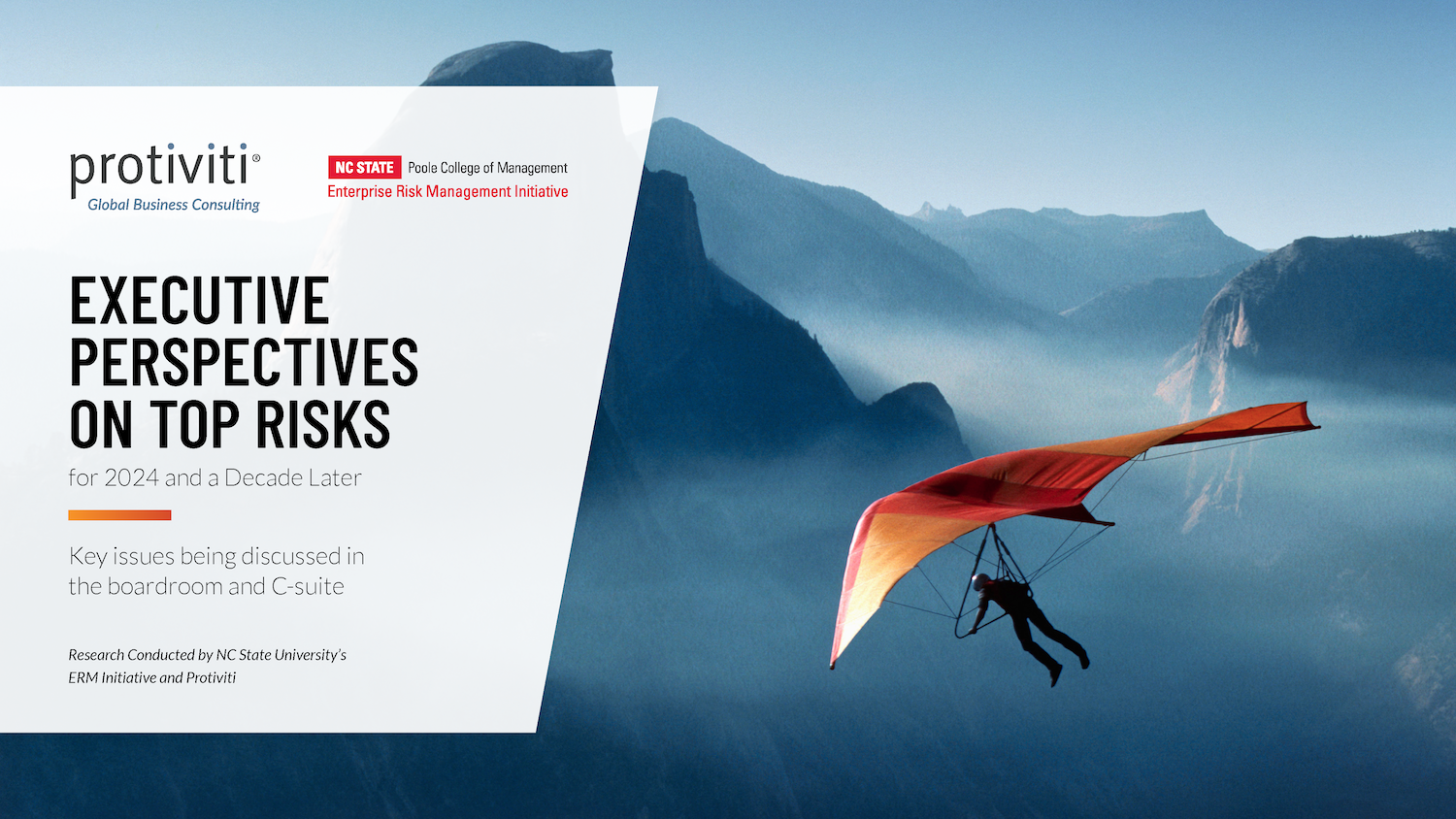Managing Risk in the New World
The cover stories in the October 2009 issue of Harvard Business Review focus on the current state of risk oversight. The lead story focuses on how many people wonder why nobody seemed to see the financial crisis coming before it actually hit. While some experts may chalk it up to a black swan event, most believe that it was because professionals did not have a clear view of how several risks were interacting and building on one another to create the potential for such a crisis. It was a combination of the innovation of risky new products, motivation due to performance pressure and the rationalization of actions due to the shareholder value principle. This is the belief that social welfare is somehow best served if managers only focus on returning the maximum value to stock holders, thereby encouraging managers to take on risk.
The experts also raise the point that this focus on risks is not just related to the financial sector. Firms that deal with significant operating risks have a different viewpoint because operational and strategic risks may be more difficult to measure and manage. Considering the accounting for physical and intangible assets requires significant estimations, the risks surrounding them are greater as well. One expert notes that each firm should make sure that it has considered what risks it would not take on under any circumstances, and then focus on the risks left over.
The incentives linked to risk-taking also need to be reconsidered in the business world in order to reduce overall business hazards. The more incentives are linked to the short-term performance, the more likely managers will take on high risks to generate high returns. The experts have different viewpoints on how incentives should be linked, as linking them to long-term performance may be hard to quantify as well. One recommendation is to consider different compensation techniques for risk managers and general managers and encourage uncorrelated risk taking.
The experts all agree that it is clear there will more financial regulation as a direct result from the financial crisis. They also agree there is a positive move toward consolidating the regulatory system and there will be a challenge of focusing on risks at the systematic level. Instead of focusing on the risks for individual firms, they need to look at the bigger picture. One expert notes that firms should remember regulators are always one step behind innovation and they should consider risks beyond those recognized by regulators.
The introduction of the Chief Risk Officer (CRO) is still relatively new, and the creation of professional standards are still under way. An excellent CRO should have mastered the technical risk material, think like seasoned executives by looking at the bigger picture and still have a sense of responsibility to something greater than their individual organization. Excellent communication skills to effectively help everyone in the company understand risk language is also imperative to a successful CRO.
It is important to recognize that the shift in risk management has begun in our business world, and risk professionals are primed to be the next big players in organizations. Boards should pay careful attention to the large responsibility of risk managers, and align incentives to maximize long-term value and create opportunities from risks instead of focusing on short-term, high-risk returns.
Click below to read the full article.
Original Article Source: “Managing Risk in the New World,” Harvard Business Review, October 2009
- Categories:
- Types:


